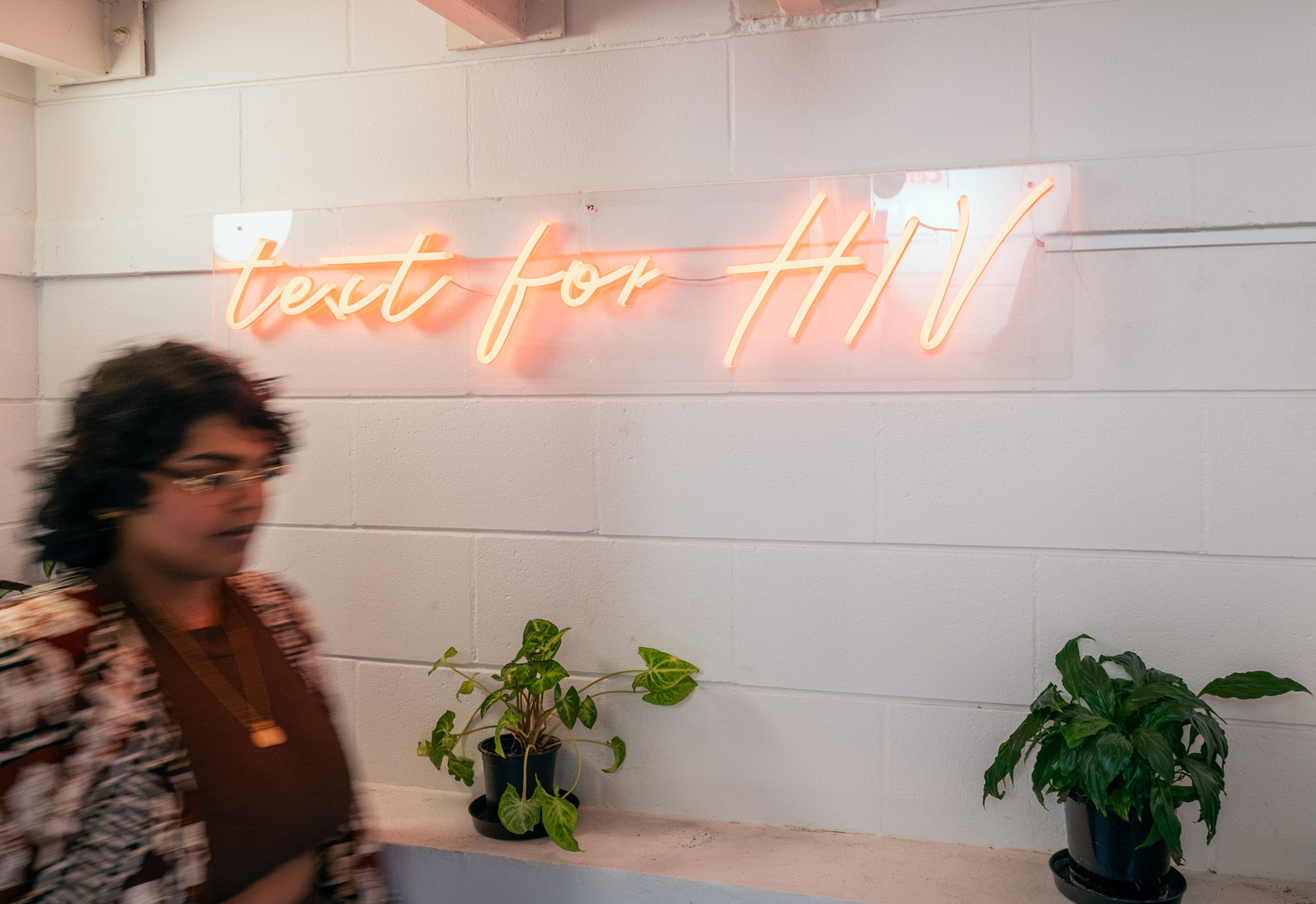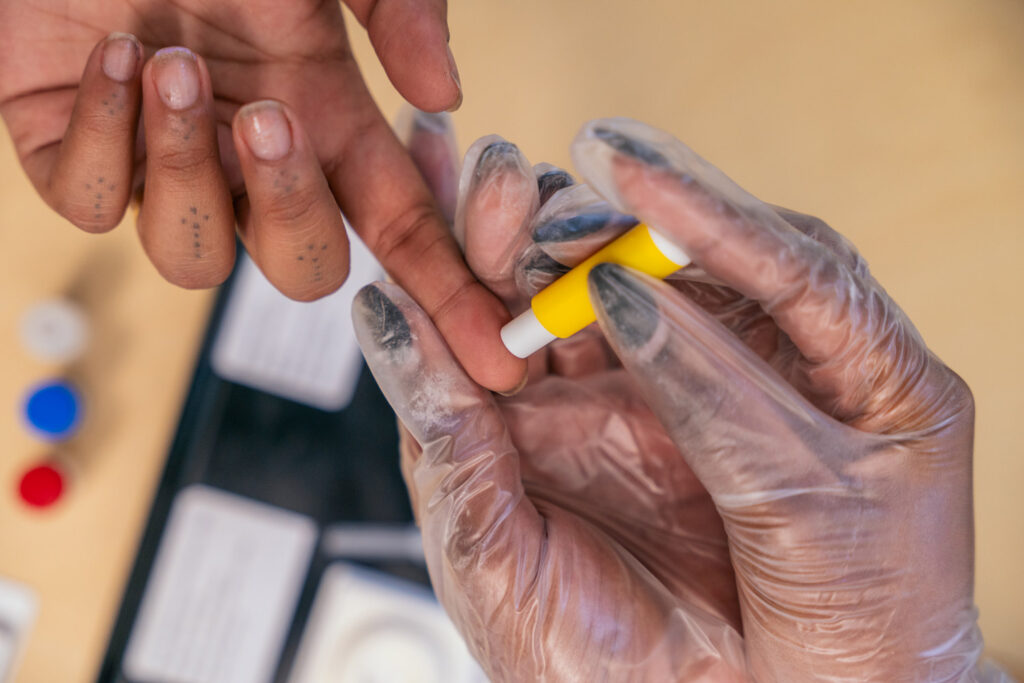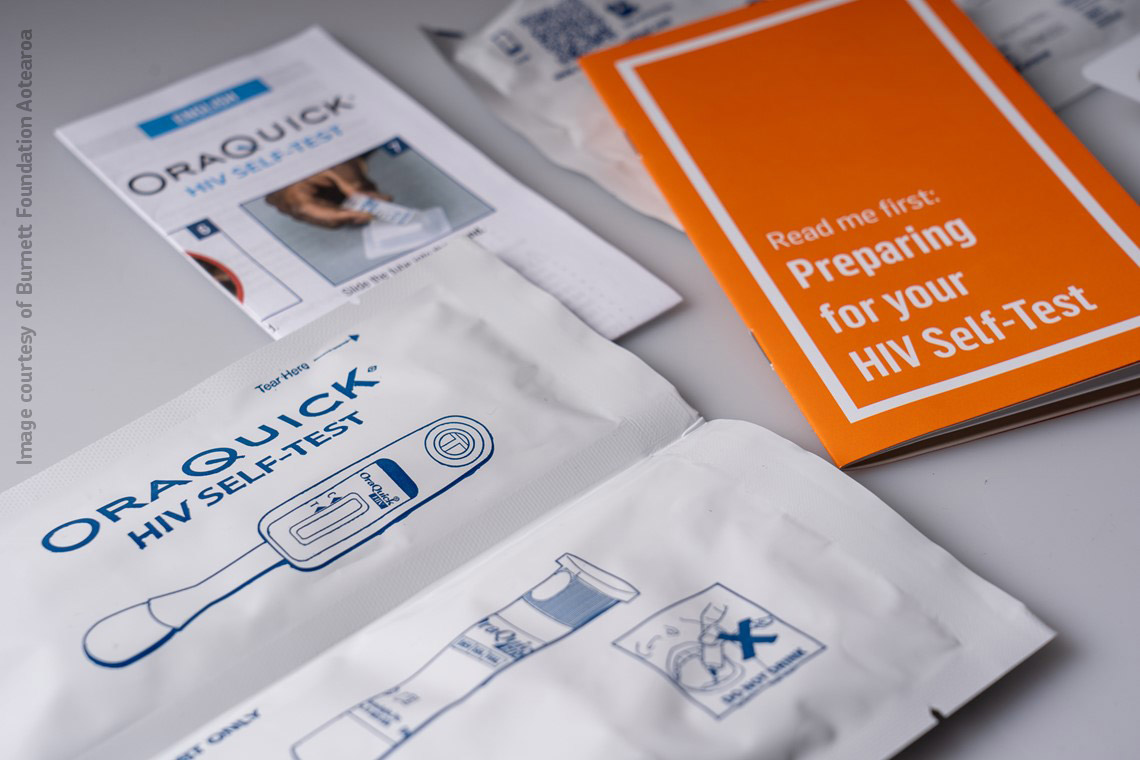The importance of testing for HIV
Testing for HIV is one of the most important things you can do to help yourself and to end HIV in Aotearoa New Zealand.

Most of the time, HIV is passed on by people who do not know they have HIV. The only way to be sure is to get tested.
There is a time from when you first had contact with HIV and when the virus does not show in a test. Even if you do have HIV. This is called the ‘window period’. The time can be different for each person but is usually 4—12 weeks after you had contact with HIV. If you have a test in the window period, you will need to do another test after 12 weeks.
- Knowing is good. If you test positive for HIV, you can get medication and support.
- When you are on treatment and the virus is controlled, you cannot pass HIV on to other people.
- If you test negative, you can take action to prevent HIV in the future.
- Knowing is good, it is not knowing or being unsure that can cause the most worry. The sooner you test the sooner you can take control of your life.
- You can book a free and confidential HIV test with Positive Women Inc. — click here for more information.
- You can order an HIV self-test kit from Burnett Foundation Aotearoa. This can be sent to you in the post or you can pick it up from specific places. This way, you can do the test anywhere you like, at home, at work, or even in your car. If you have any problem getting a self-test kit, please contact Judith Mukakayange – phone 021 350 671 or email us on [email protected]
- You can get tested for HIV by your doctor or at your local medical clinic. The test can be part of a full sexual health check-up. Visiting a doctor or clinic will cost money and you will get the test result in 5—7 days.
- There are other organisations which offer free HIV tests. You can find them on our Useful Contacts page.
- Testing once a year is good.
- If you are often having sex without using a condom, and with many people, it is recommended to get a test every 12 weeks.
- Testing is the best way to keep you and others healthy.

